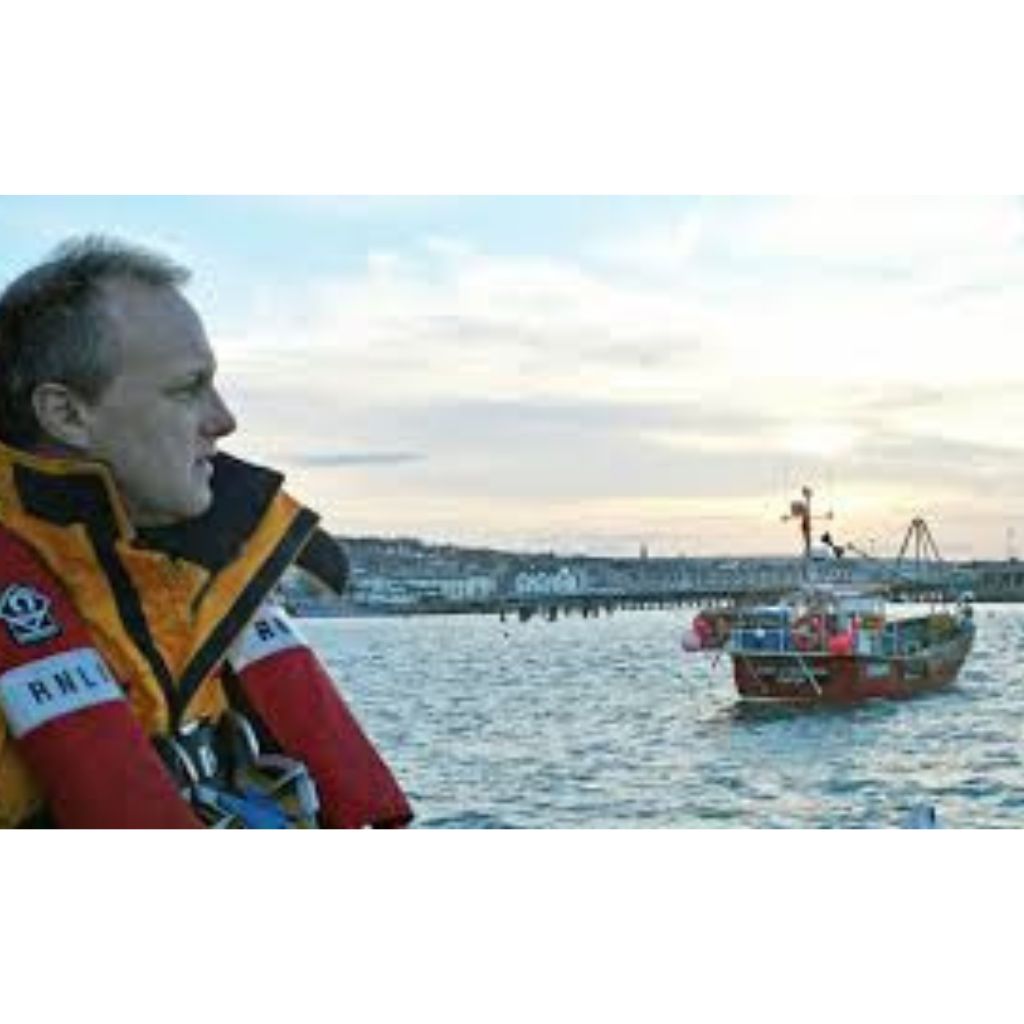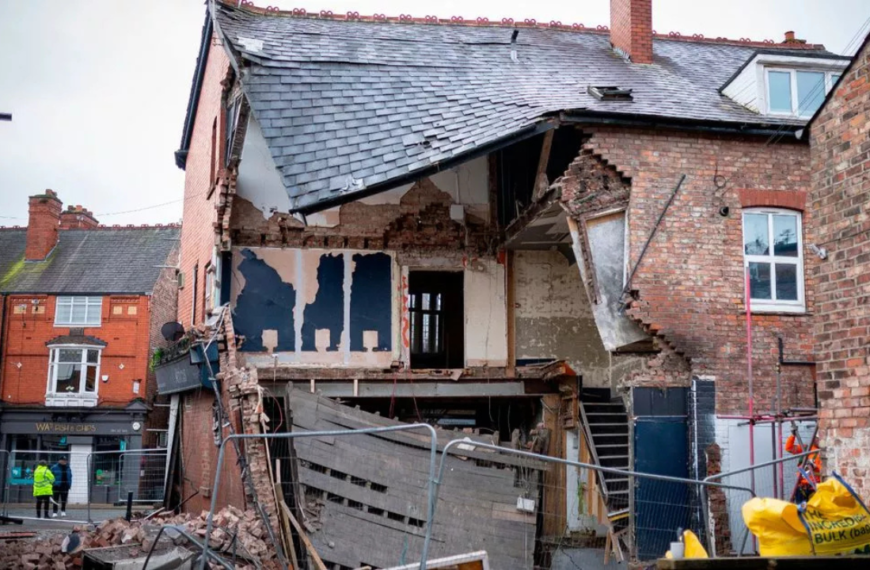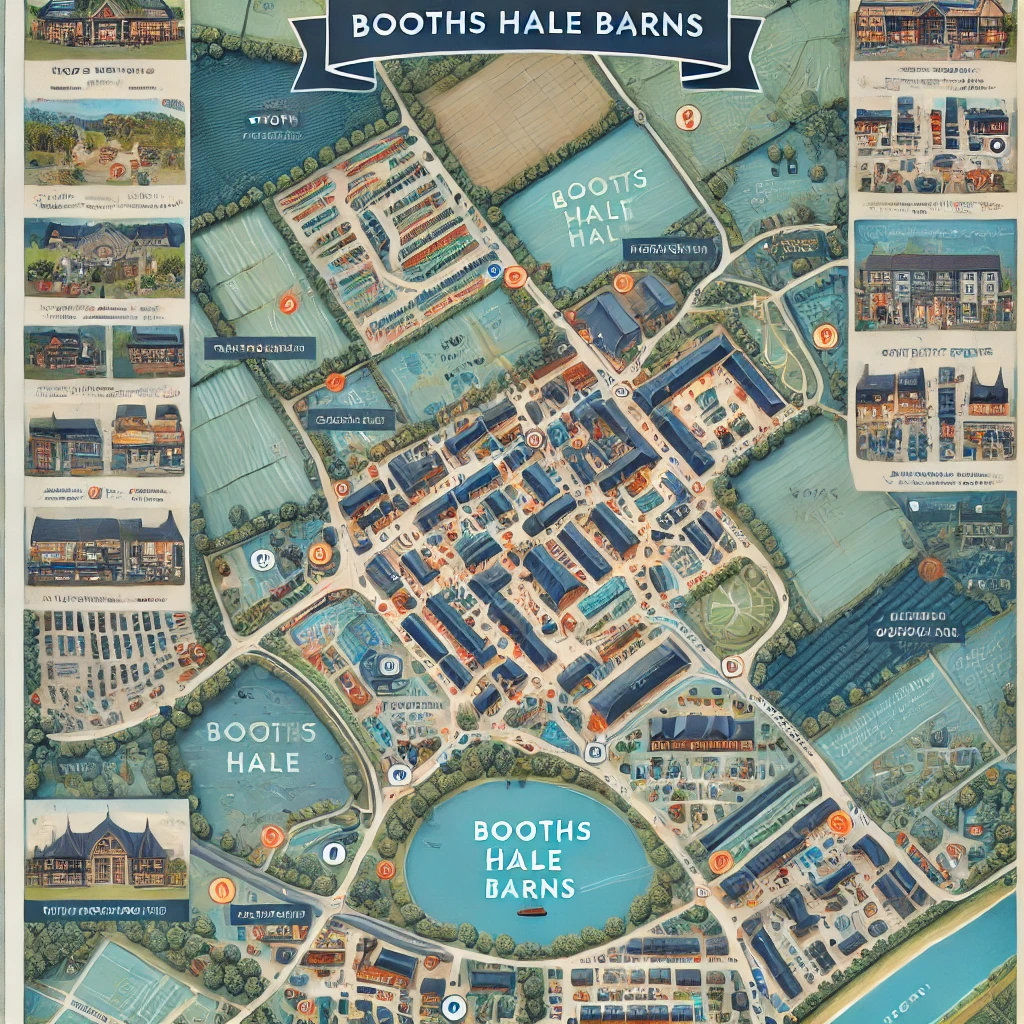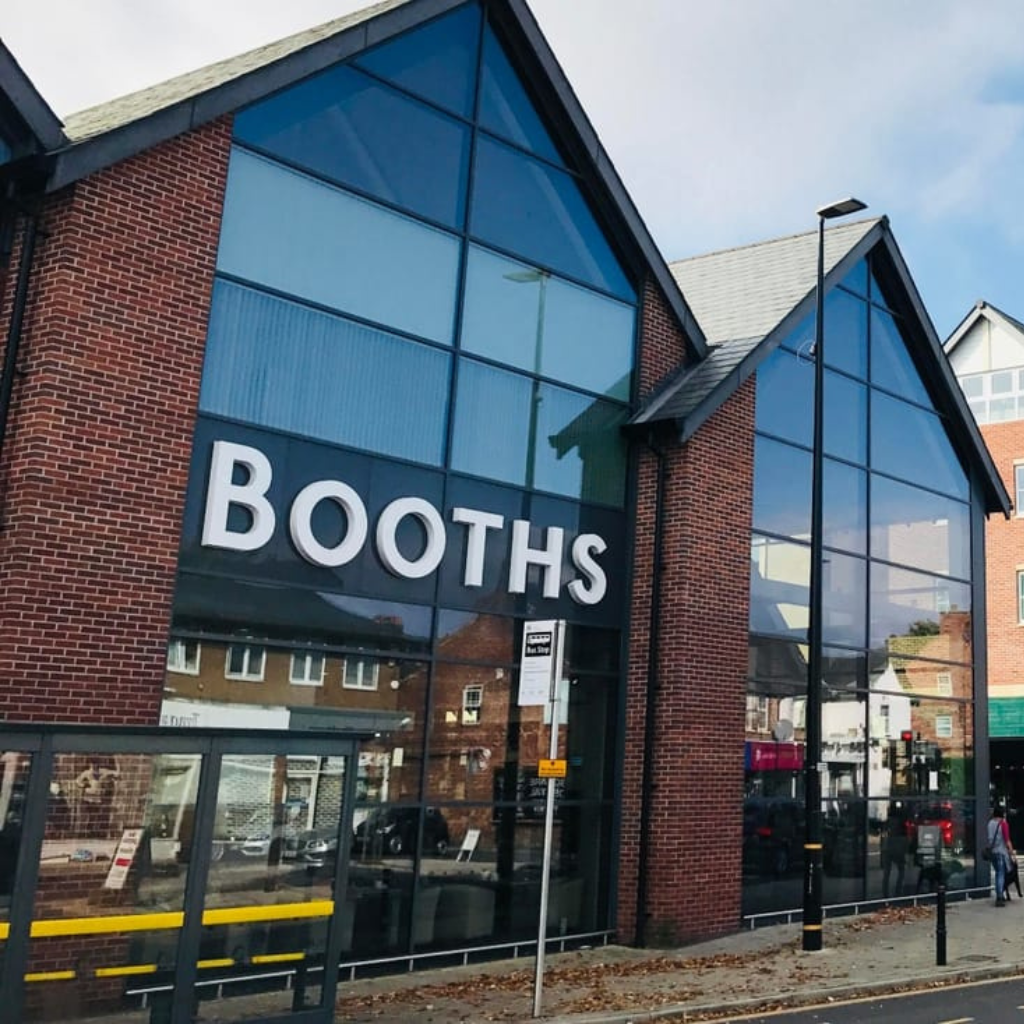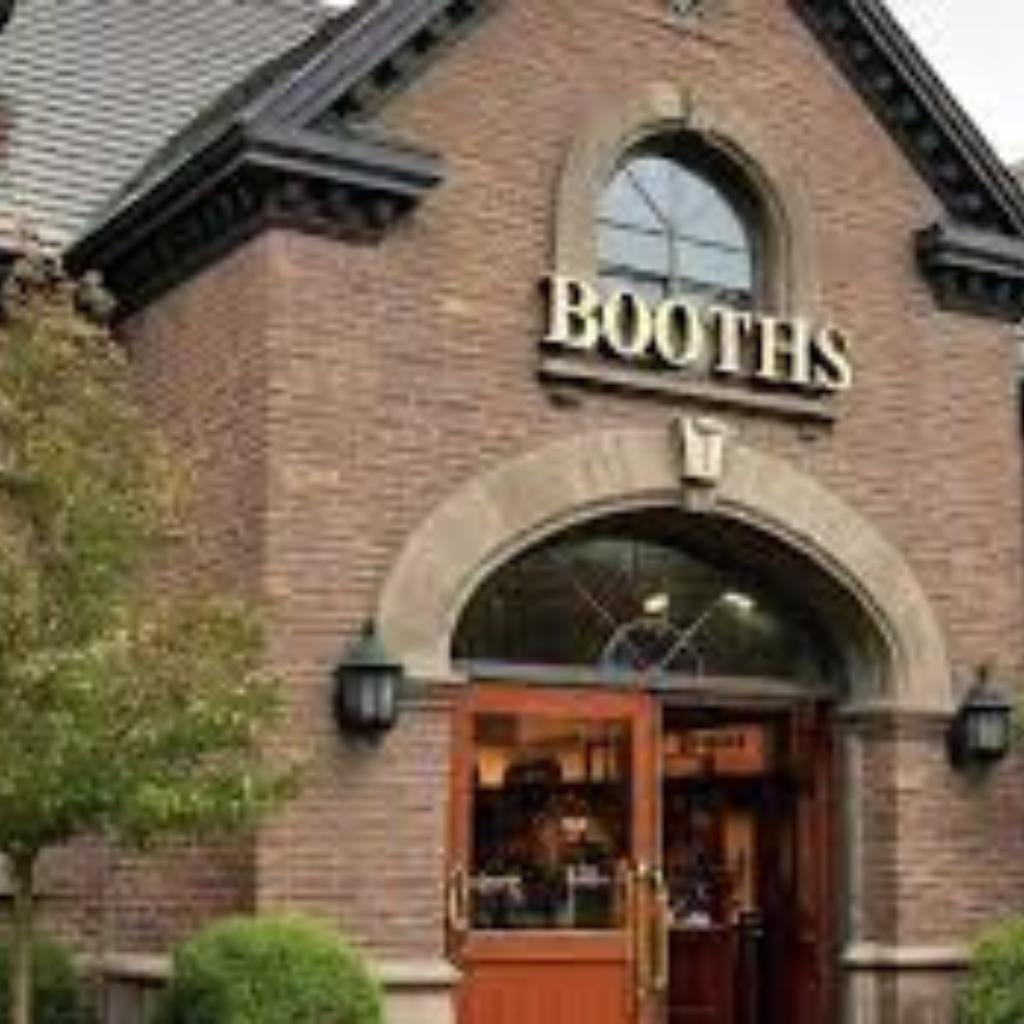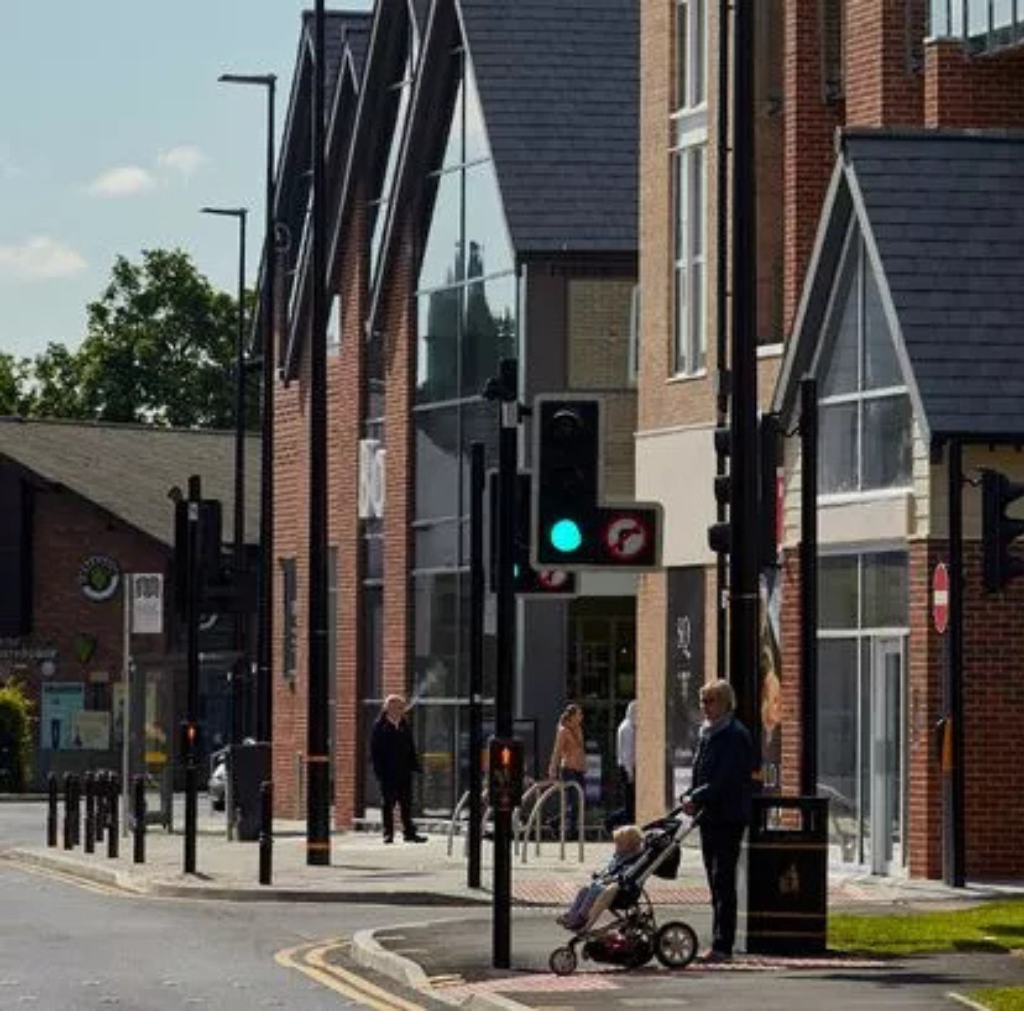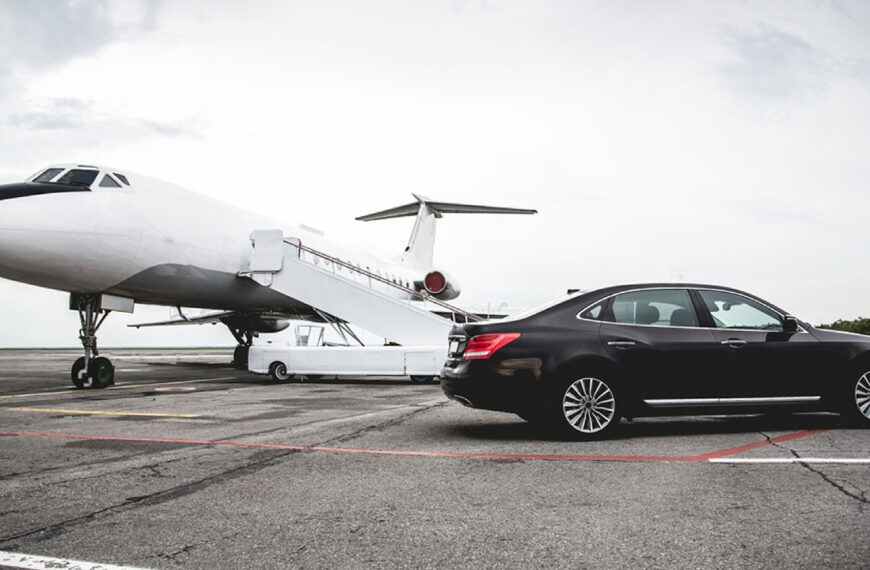The Royal National Lifeboat Institution (RNLI) is a charity dedicated to saving lives at sea. Since its establishment in 1824, the RNLI has relied heavily on volunteers who embody courage, selflessness, and commitment. These individuals form the backbone of the organization, ensuring that those in danger on the water have a lifeline of hope. Lifelong service to the RNLI is a rare and extraordinary achievement, demonstrating an unwavering dedication to the safety and well-being of others.
One such extraordinary individual is David Hopkinson, affectionately known as Hoppy. With a remarkable 58 years of service, Hoppy has become a symbol of devotion and resilience within the RNLI. His contributions to the lifesaving mission have left an indelible mark, not only on the charity but also on countless lives saved during his tenure.
David Hopkinson: A Lifelong Dedication
David Hopkinson’s journey with the RNLI began in 1966 when he became a founding member of the West Kirby Lifeboat Station on the Wirral Peninsula. As a young Liverpool Marine Pilot and a member of the West Kirby Sailing Club, Hoppy recognized the urgent need for an inshore lifeboat to enhance safety in the treacherous Dee Estuary. His efforts, along with those of like-minded individuals, led to the establishment of the station’s D-Class lifeboat, a smaller but highly maneuverable vessel designed for rapid response.
For years, Hoppy served on the sea-going crew of the West Kirby RNLI. His role often involved challenging rescues in unpredictable conditions, requiring both skill and bravery. Even after stepping down from active sea duties, Hoppy’s commitment never wavered. He transitioned into leadership roles, first as a Deputy Launching Authority, where he played a critical role in decision-making during emergencies, and later as Vice Chairman of the Hoylake and West Kirby Lifeboat Management Group.
In his capacity as Vice Chairman, Hoppy worked closely with successive Chairmen to oversee the lifeboat operations, ensuring the station’s readiness and effectiveness. His guidance and mentorship helped shape the station into a pillar of community safety.
As Hoppy retired from the RNLI in December 2024 at the age of 90, his decades of service were celebrated with heartfelt tributes and recognition. He was awarded an RNLI Certificate of Service and received a glass tankard, a commemorative glass ornament of West Kirby’s D-Class lifeboat, and a framed photograph of the three lifeboats from Hoylake, West Kirby, and New Brighton.
Phil Denham: Blackpool’s Gallant Volunteer
While David Hopkinson’s story showcases one side of dedication to the RNLI, another shining example of unwavering commitment can be found in Phil Denham. Over five decades of service, Phil has become a cornerstone of the RNLI’s Blackpool lifeboat station, exemplifying the courage and devotion that define the charity’s mission.
Phil began his RNLI journey as a crew member aboard Blackpool’s lifeboats. Over time, his skill and dedication saw him qualify as an inshore lifeboat helm, a role requiring not only exceptional seafaring abilities but also leadership during life-or-death rescues. His contributions didn’t stop there. Phil also became a launch and recovery driver, a lifeboat-training coordinator, and a sea-safety volunteer, making him an indispensable figure at the station.
One of the defining moments of Phil’s career was his involvement in a daring rescue on January 6, 1988. Amid gale-force winds and horrendous conditions, Phil and his team launched two lifeboats to save the crews of two angling boats in distress. While one boat capsized and the other teetered on the brink, Phil’s bravery helped pull two people from the water, one of whom made a full recovery. For his heroism during this operation, Phil was awarded the RNLI Bronze Medal for Gallantry, one of only six such medals awarded to Blackpool volunteers in 160 years.
In recognition of his lifetime of service, Phil was invited to attend the RNLI’s 200th anniversary service at Westminster Abbey, a reflection of his profound impact on the charity and its mission.
The Impact of Lifesaving Volunteers
Lifesaving volunteers like David Hopkinson and Phil Denham embody the spirit of the RNLI. Their work often involves personal sacrifices, such as time away from families and exposure to dangerous conditions. Yet, their dedication ensures the safety of countless individuals who find themselves in peril at sea.
The stories of lives saved by these volunteers are a testament to their importance. From fishing crews to recreational sailors, many owe their survival to the swift actions of RNLI crews. Beyond the immediate rescue, the impact ripples through communities, providing hope and comfort to families and reinforcing the value of selfless service.
Recognition and Legacy
To honor the contributions of its volunteers, the RNLI has a tradition of presenting awards and commemorative gifts. David Hopkinson’s glass tankard and photograph of Wirral’s lifeboats, along with Phil Denham’s Bronze Medal for Gallantry, symbolize the appreciation and respect these individuals have earned. Such tokens serve as a reminder of the extraordinary feats achieved by ordinary people.
The legacies of volunteers like Hopkinson and Denham extend far beyond their accolades. Their tireless efforts inspire others to join the RNLI and continue its mission of saving lives at sea. They have set a high standard of service, proving that a single individual’s commitment can leave a lasting mark on an institution and its community.
The Future of the RNLI and Volunteering
As the RNLI moves forward, the stories of David Hopkinson and Phil Denham stand as powerful motivators for future generations. The charity’s mission remains as vital as ever, with new challenges arising from changing maritime conditions and increased recreational use of the seas.
Recruiting and training volunteers who share the same passion and dedication is essential to sustaining the RNLI’s legacy. By sharing the achievements of long-serving individuals, the organization not only honors their service but also lights the path for new recruits ready to dedicate themselves to saving lives.
The RNLI’s future depends on the strength of its community of volunteers, and with examples like Hopkinson and Denham, the next generation has a profound legacy to build upon. Their stories remind us that courage and compassion can indeed make waves, saving lives and leaving a legacy of hope and heroism.
Read more: It’s a family affair as Jake Shoes passes on to third generation
Conclusion
The stories of David Hopkinson and Phil Denham illustrate the incredible dedication and selflessness that define the RNLI’s volunteers. For nearly six decades, these individuals have given their time, expertise, and courage to save lives at sea, leaving behind legacies that resonate far beyond their local communities.
Their unwavering commitment has not only rescued countless individuals but has also inspired others to join the RNLI, ensuring the charity’s lifesaving mission continues. Through their sacrifices and accomplishments, they remind us of the power of human compassion and the importance of organizations like the RNLI in safeguarding lives.
As the RNLI looks to the future, it carries the stories of its long-serving volunteers as testaments to the difference one person can make. The institution’s strength lies in the dedication of its people, and with new generations stepping forward, inspired by figures like Hopkinson and Denham, the RNLI’s mission will endure for decades to come.
These remarkable volunteers embody the RNLI’s core values: selflessness, courage, dependability, and trustworthiness. Their contributions stand as a beacon of hope, a symbol of community spirit, and a reminder that every life saved is a victory worth celebrating.

